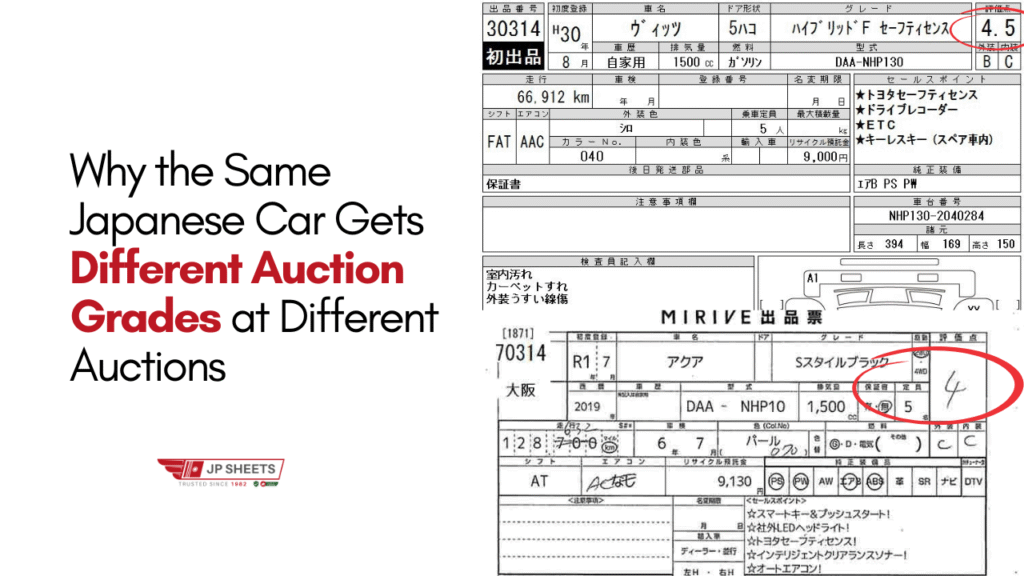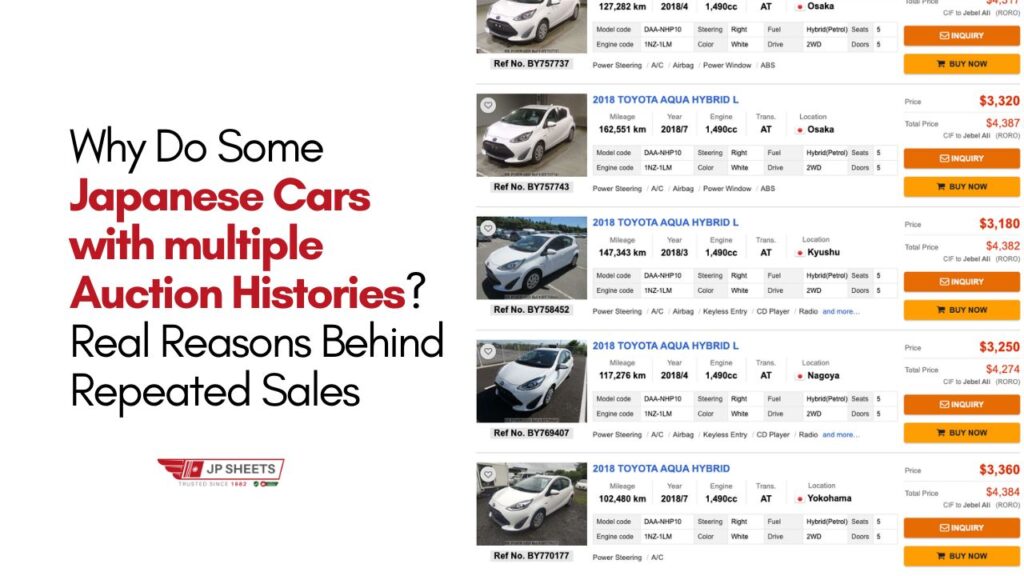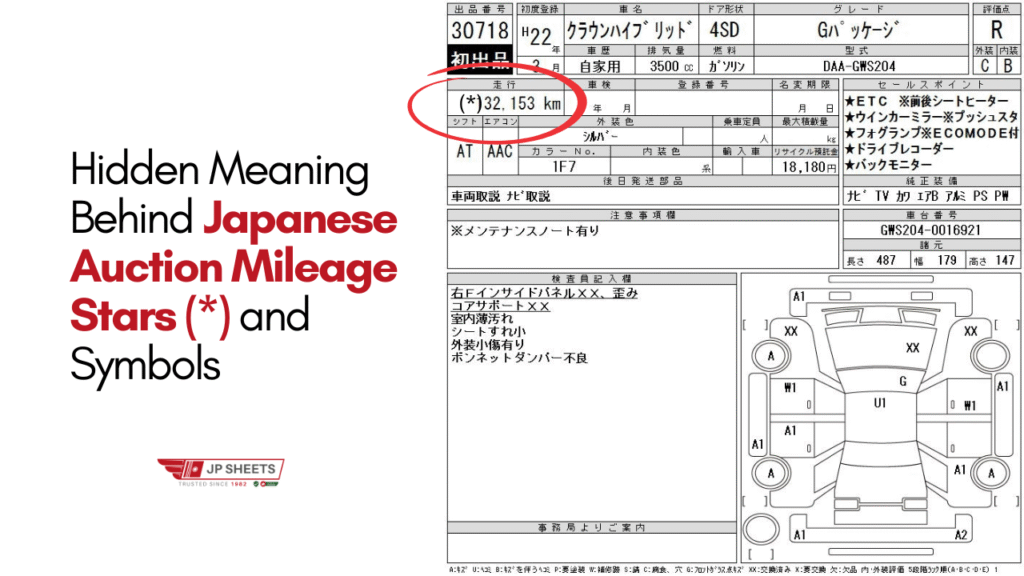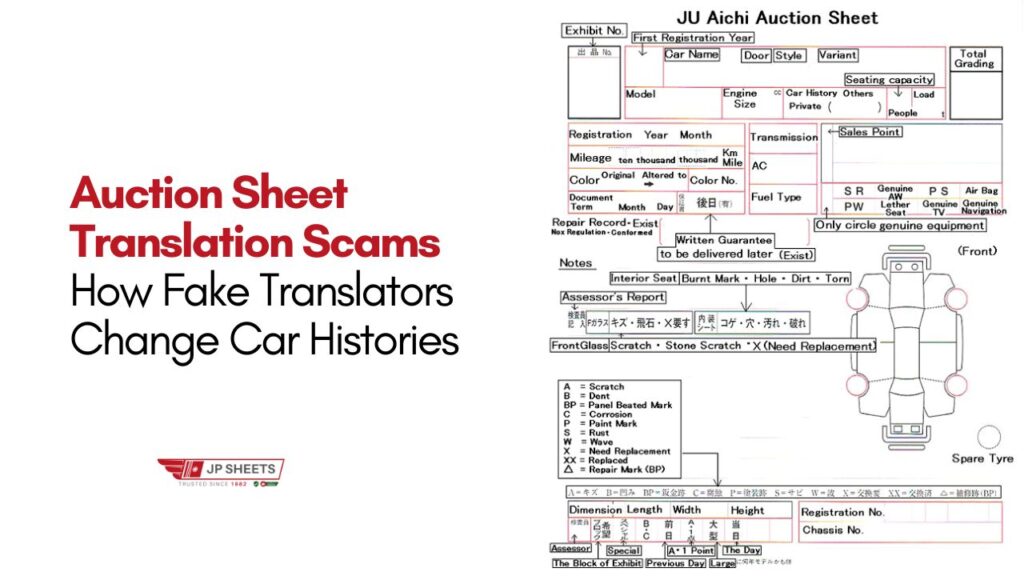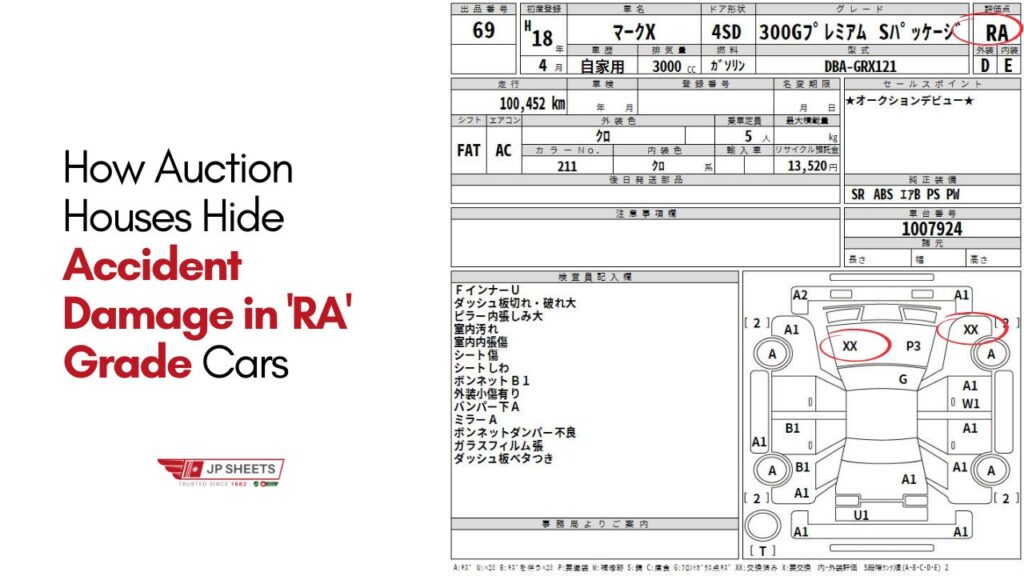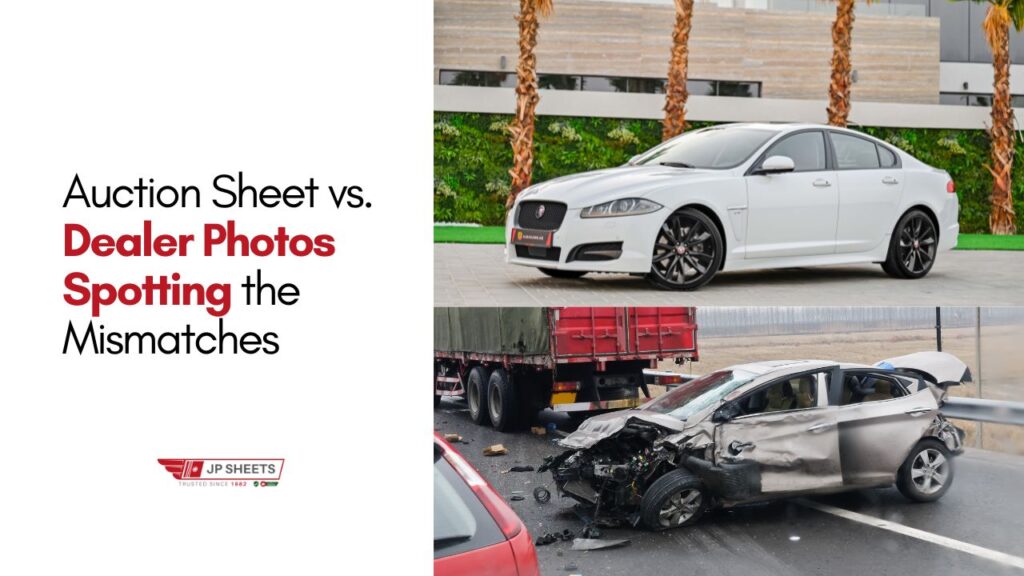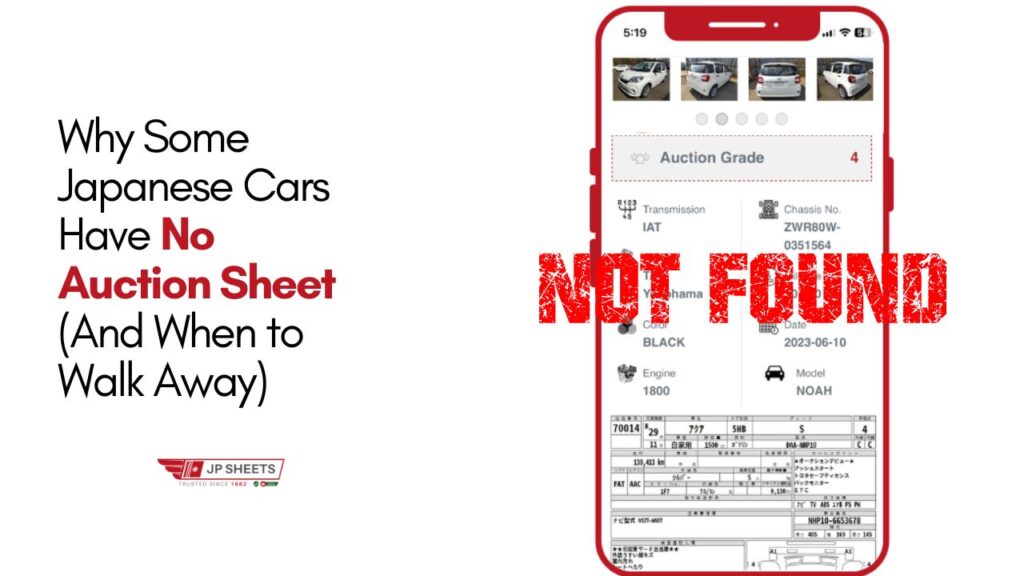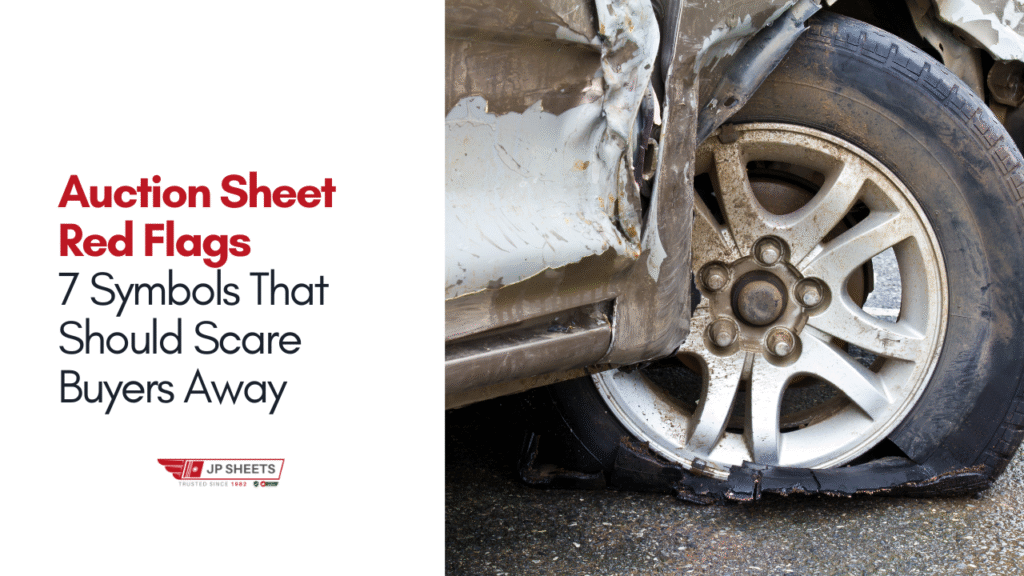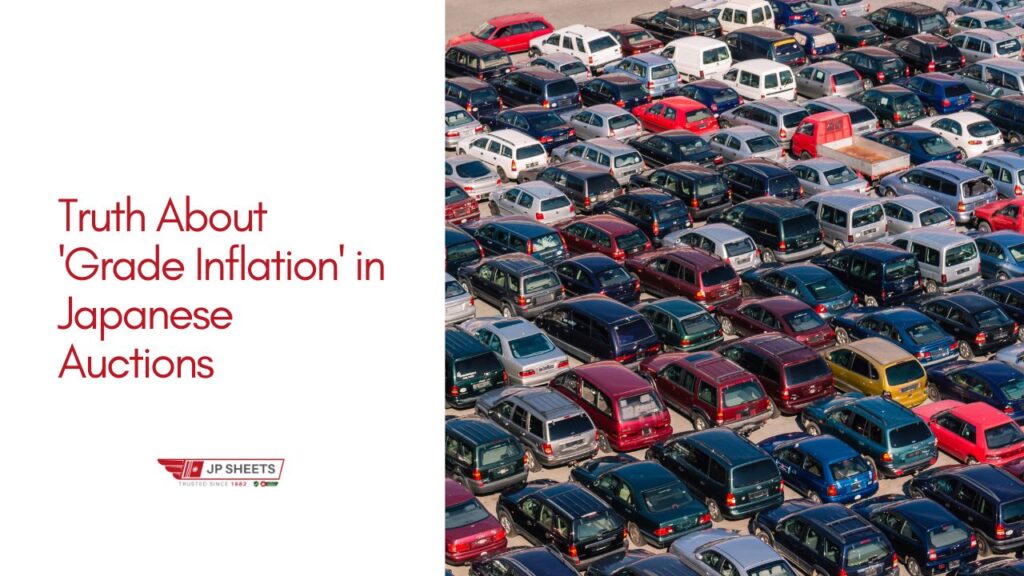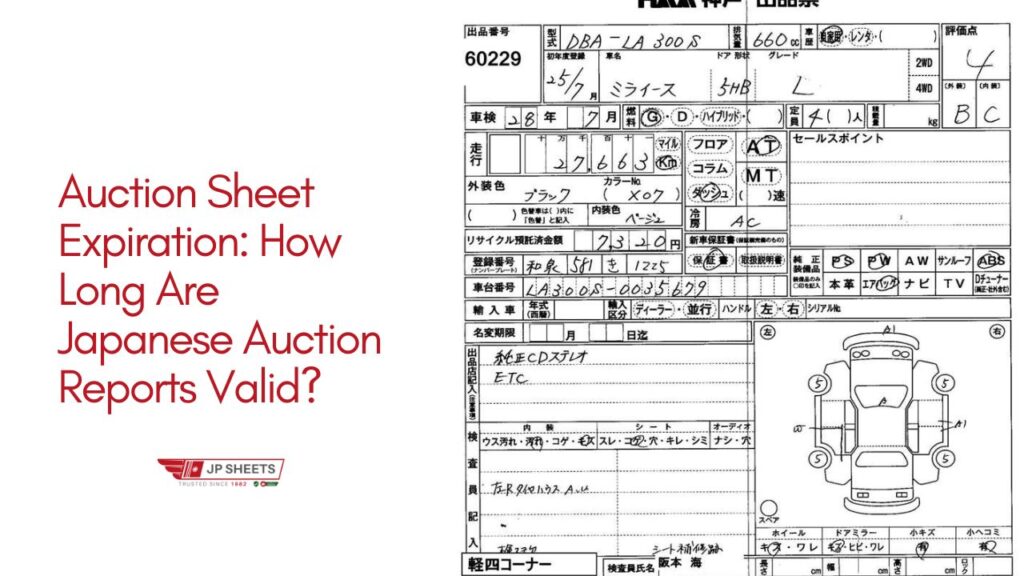Why the Same Japanese Car Gets Different Auction Grades at Different Auctions
Have you ever seen the same toy sold at different stores for different prices? Maybe one store says it’s “like new,” but another says it’s “a little old.” The same thing happens with Japanese cars at auctions! Sometimes, the exact same car gets different auction grades (like a report card) when sold at different auctions. […]
Why the Same Japanese Car Gets Different Auction Grades at Different Auctions Read More »
